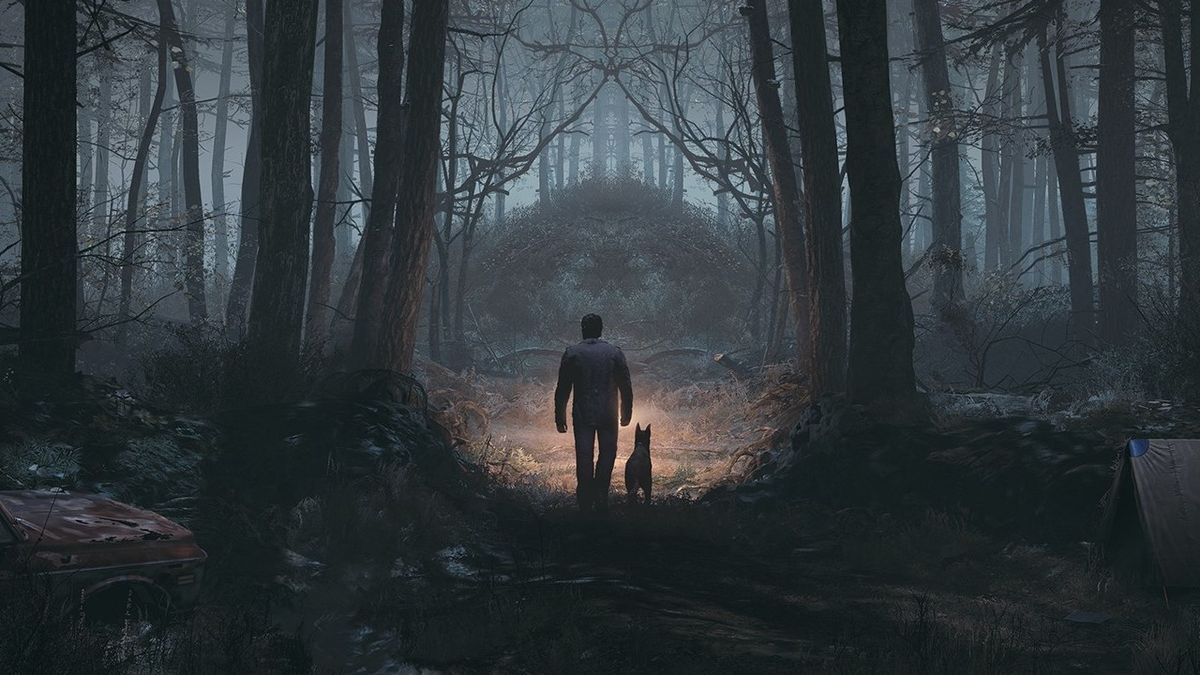Speak softly and carry a big stick–what a load of horseradish. Tropico 5 finally takes us to the big leagues, where guns, goats, and gold mines just don’t cut it. A true dictator casts his eye upon the horizon and never looks back, leveraging trade fleets, cutting-edge research, and diplomatic dexterity to gain power–ultimate power! With a feature set that feels improved in almost every way, Kalypso’s latest city builder takes us deeper into a tropical rabbit hole that matches humor and husbandry with equal aplomb.
Tropico’s signature mix of personality and politics remains delightfully intact. You play as a tyrannical dictator who must gather resources while placating the people, lest they vote him off the island, or worse. Your primary goal: to stay in power, no matter the cost. As with many city builders, road and building placement is paramount, and Tropico 5’s responsive camera controls make the design process a breeze. The awkward terrain issues of previous games are nowhere to be found, and the user interface does a great job of pointing out island conditions and requirements.

Instead of playing as a single ruler with a unique background history and skill set, you’ll build a line of heirs who seem more like walking stat points than rounded characters. In Tropico 4, the ability to create a flatulent kleptomaniac, paranoid witch doctor, or any number of hilarious combinations allowed for significant role-playing potential–not to mention strategic character builds. With these attributes lost at sea, El Presidente and his heirs are now differentiated by a single skill, like +5 Tourism Rating, which makes them seem like fractions of a whole person. When voting season comes around, you’ll decide which dynasty member to put up for election, but it doesn’t matter who takes the pedestal because nobody brings any personality traits to the table.
Because El President and his heirs have no real idiosyncrasies to speak of, the potential for Crusader Kings-like familial intrigue is sadly unrealized. That said, heirs aren’t useless, and you can run a tight ship by keeping them busy on island expeditions, diplomatic missions, managerial tasks, or even espionage. The family line can be viewed from a menu tab, and individual dynasty members be upgraded (+6 Tourism Rating, hooray!) using Swiss bank funds.

Data problems

With so many variables to keep track of, Tropico 5 occasionally spits out nonsensical data. It isn’t uncommon to find a six-year-old Militarist or Policeman Crime Lord, and many service buildings claim to hold more people than there are on the entire island. These inconsistencies are far from distracting, but they do cut through the immersion by reminding you of the cascading statistics behind the veil.
Where the office of El Presidente loses its special flare, the average citizen gains depth with Manager skills. Random Tropicans will gain a skill that allows them to be hired as managers for nearly any building, thus exerting some positive effect (like +10 housing quality to nearby residents). In lieu of the intelligence-courage-leadership trifecta of Tropico 4’s ministers, these skills can be distributed across town to give buildings an added purpose. This will definitely please the micromanagers in the crowd, but tracking managers in a big city does become tedious.
In Tropico 5, you aren’t restricted to ruling with an iron fist or velvet glove. Island dictators have a more varied and nuanced set of choices at their disposal, and they interact famously to form the layered foundation of your empire. Along with familiar edicts like Social Security and Free Rations, the newly-added Constitution is a fun and versatile way to adjust your political grip along several avenues, including labor policies, economic structures, and, of course, religion and state.

It pays to consider the tangential effects of your lawmaking. Say you build a peaceful tourist trap but allow only male citizens to vote. In doing so, you inadvertently bolster the influence of the male-heavy Militarist faction. If you want to win the next election, you have little choice but to cater to the Militarists, who will then push you to build an army and go to war. Success is all about hitting the right combination of laws and edicts to galvanize your people into action without breaking their backs. As it should, the Constitution feels like the central nervous system of your empire, tying together the political ropes and pulleys that were obscured in previous entries.
As El Presidente pulls the strings over Tropico, the island reacts in more clear and logical ways than it has before. Gone are the days of inexplicable shantytowns and protests; the new Almanac–which serves as an all-in-one performance tracker–has been redesigned to clarify the connections between citizen happiness and island accommodations. This eliminates much of the frustrating guesswork that once detracted from the sense of control that we megalomaniacs so desire. Dictators can now draw a clear connection between housing satisfaction and homelessness, as well as a number of other socioeconomic indicators that present a more reliable picture of your society’s condition. All of this contributes toward a stronger sense of cause and effect that anchors your decisions alongside palpable consequences.

Tropico 5 takes players through colonial times and into the future, adding some much-needed variety to each playthrough. The game is divided into eras, namely the World Wars, the Cold War, and the Modern era. This neatly-paced progression is tied to a tech tree, where a time-based research system keeps you working toward (and waiting for) bigger and better things. Savvy administrators can no longer purchase the schematics for any building they want; in order to build a Vehicle Factory, El Presidente needs to research The Wheel, whereas the Nightclub is only available in the Modern era. Despite the initial jarring effect of so many inaccessible features, they don’t feel arbitrarily locked behind a time wall. In fact, the slow burn of Tropican R&D brings the challenge level up and fights off the mid-game slump that plagued previous entries.
Unlike previous games in the series, Tropico 5 includes multiplayer modes–and while these function just fine, they feel like they’re missing something. Up to four players can compete or cooperate in pursuing a number of objectives, and the fact that everyone shares the same island elevates the pressure in some interesting ways. If there’s an oil deposit between two dictators, the first person to build a road to that resource can claim it and expand their territory at the same time. In a cooperative scenario, roads become friendly lifelines that players use to share teamsters or construction workers. The lack of an omnipresent scoreboard forces players to visually observe each other’s progress, but it also leaves them data-starved. Regardless of the mode or objective, players still need to tend to all of the responsibilities of a single-player game, which pile up fast. The lack of chrono controls, while inevitable, muddles the series’ traditionally relaxed atmosphere, and most players will eventually turn back to single player in order get the true Tropico experience.

The diluted dynasty system is a real let-down, but its easy to forgive in light of the mastery with which Tropico 5 pulls together all of its moving pieces. Eras and intermittent world events are the perfect antidote to the jagged pacing of previous entries, and the added layers of Constitutional lawmaking and tech development make for a greater sense of socioeconomic craftsmanship. I don’t always suggest that series newcomers start with the latest entry, but when I do, I choose Tropico 5. Stay thirsty, my citizens.

Tropico 5 cuts out the fat of previous entries and builds upon its strongest features. While the new dynasty system is disappointing, the narrative context provided by eras and world events is outstanding.
This game was reviewed on PC.
 Game News Video Games Reviews & News
Game News Video Games Reviews & News



